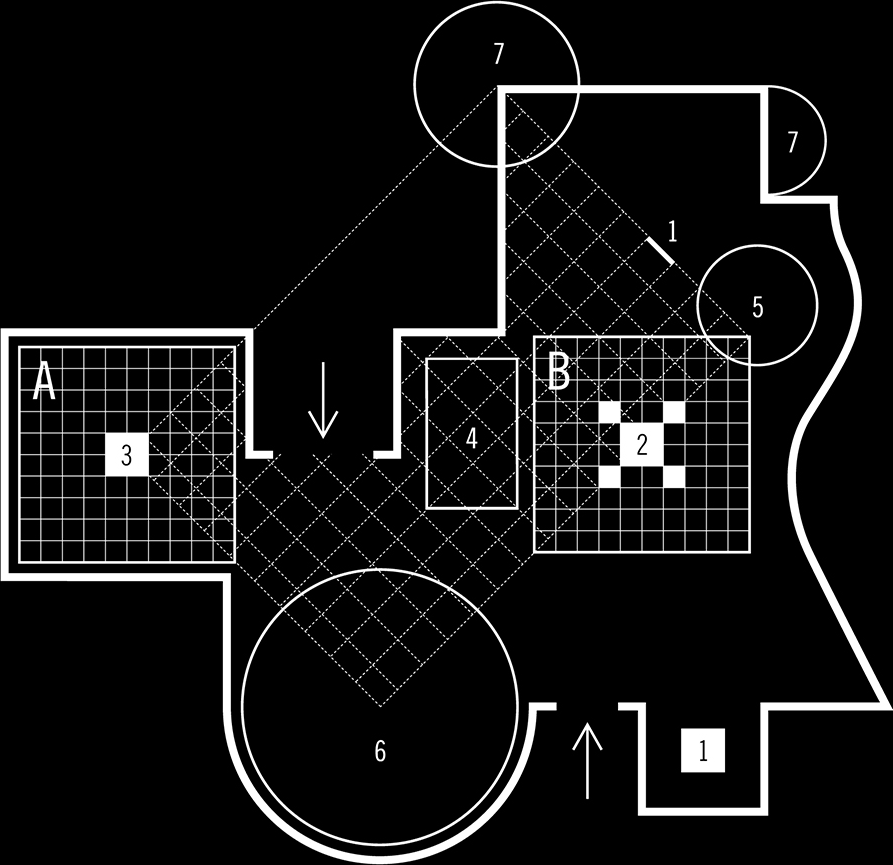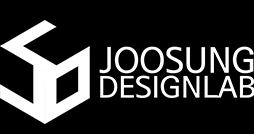Statement
Spectres of the State Avant-garde explores the complex relationship between modern architecture and the state. Insofar as the late 1960s were the origin of both Seoul’s urban structure and various state institutions and systems, it was a period when the ideology of the state and the vision of architects became intertwined. For South Korean architects dreaming of utopian ideals, the oppressive developmental state paradoxically provided the only viable platform for showcasing their imaginative prowess. Through the juxtaposition of the contradictory terms “state” and “avant-garde”, this exhibition focuses on KECC, or the Korea Engineering Consultants Corporation, to highlight the schism between political power and imagination and the contradiction between political system and utopian ideals.
KECC, a technical consultancy for architecture and civil engineering established by the government in 1965, was responsible for the construction of major state-led development projects, from ports, waterworks, bridges, and other infrastructure to architectural works such as Sewoon Sangga and expo pavilions. Their visions at times mimicked the radical architectural experiments of the West, but more often assumed an extremely pragmatic attitude in line with the nation’s development agenda and became the prototype for Seoul’s underlying structure and Korea’s urban planning paradigm. Yet, despite its leading role in the urbanization and industrialization of Korea, research on the history, activities, and personalities of KECC have not been carried out in earnest and remain only as fragments of memory. This exhibition begins from this unwritten history and unrecorded memory.
Spectres of the State Avant-garde puts on exhibit dislocated time; pasts, which were not systematically gathered or categorized, are summoned, while at the same time new possibilities for the future sought. In the absence of faithful archives, the exhibition refers to the projects of KECC as spectres or ghosts, going back and forth between the mythical origin of Korean modern architecture and a Faustian bargain. A spectre refers to a past that has influence over the present but hasn’t been captured, an entity that suddenly haunts but whose substance is uncertain. In the recent discourse about spectralities, and according to the tradition of Confucianism, to summon ghosts is to ask about the present’s responsibility for the past. In other words, rather than just recording the past or recreating it retrospectively, this exhibition seeks to explore the possibility of the future by going through the problem’s origin.
To this end, the Korean Pavilion focuses on the contradictions and paradoxes that are embedded in the KECC projects from the 1960s. The EXPO ’70 Korean Pavilion, which once questioned Korean identity in the context of international society, provides an opportunity to ask after the national identity of contemporary Korea, which has ceased to be a mono-ethnic nation-state. Yeouido, an island on the Han River, which functioned as both a utopian city and a theater for military parades, becomes a platform to reconsider the possibility of public spaces that disappeared during the course of modernization. Through Sewoon Sannga in the Jongno district, which was expected to trigger downtown redevelopment but, paradoxically, became a harbor wall against gentrification, the exhibition focuses on the potential of the megastructure. And lastly, the exhibition traces back the history of transmigrant laborers who sustained Korean capitalism through the Guro district of Seoul, which became a residential area for low-wage workers after a temporary structure was built for a fair. The Korean Pavilion 2018 intends to present the fragmentary clues acquired from this process as new seeds for the future.
Works

B. Emergent Archive
1. Hyun-Suk Seo, Fantastic City, 2018
2. Kyoungtae Kim (EH), Reference Points, 2018
3. Jidon Jung, Light from Anywhere, 2018
4. Sungwoo Kim (N.E.E.D. Architecture), The City of Radical Shift, 2018
5. Choon Choi, Autopsy of the Future, 2018
6. Jinhong Jeon, Yunhee Choi (BARE), Dream Cells, 2018
7. Hyun Seok Kang, Gunho Kim (SGHS), Building States, 2018




